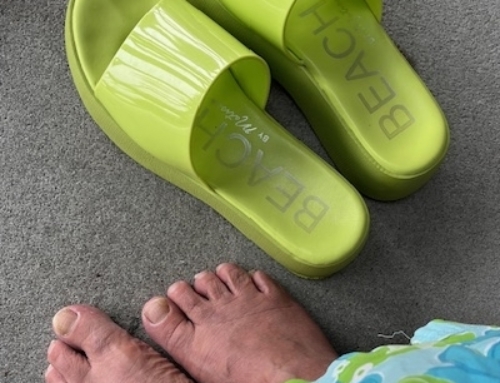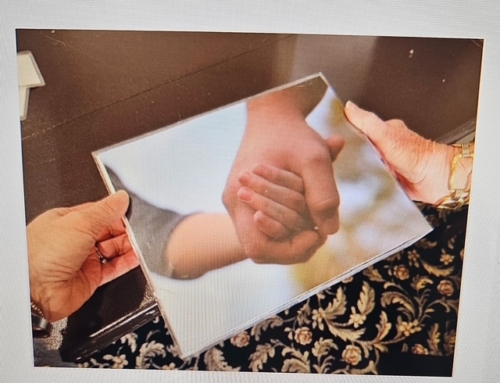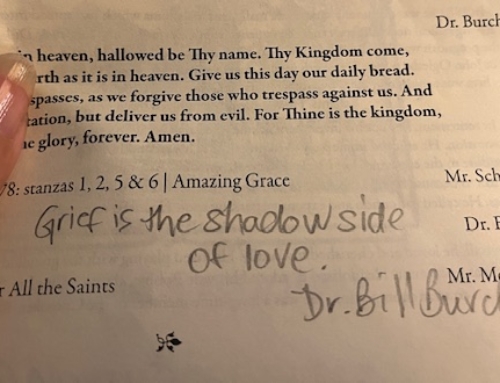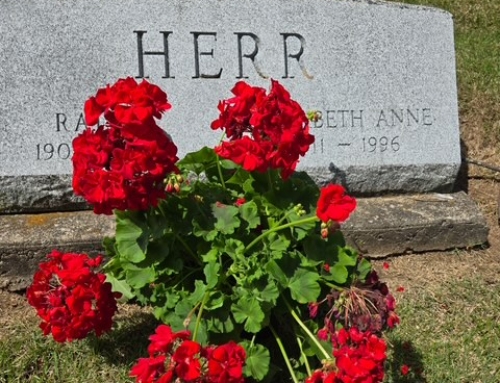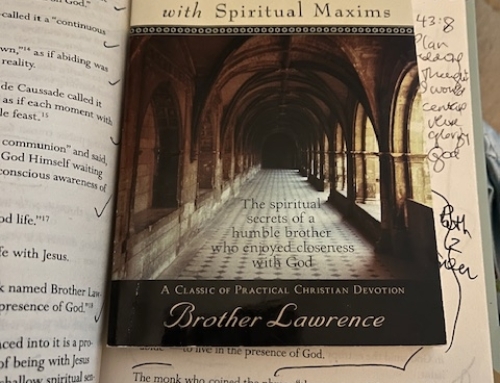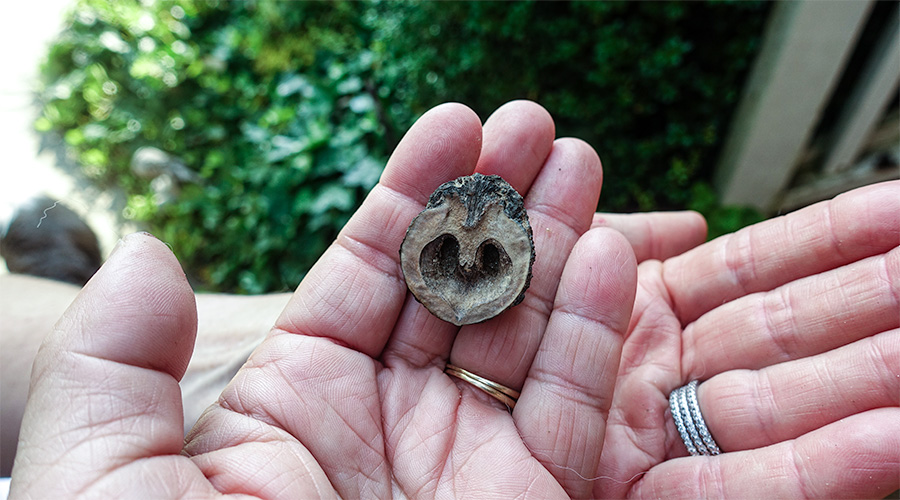
Good morning…
“I read this article and found it really helpful,” she texted, “not just for how to handle people on the front lines of the Covid-19 crisis but for any one in danger or in grief. The final message at the end of the article reminded me of something lovely you would say. I don’t know if this might help your readers, but I thought I would send it your way in case it would.”
Intrigued, I touched on the link and loved learning about Ring Theory.
“In this construct,” the article says, “we imagine a person who is suffering (for example, a front line worker putting in risky, exhausting hours), sitting in a small circle surrounded by concentric rings. Her dearest relatives sit in the circle closest to her. Best friends sit in the next larger circle. More friends and colleagues occupy the next one. And so on. According to Ring Theory, a person in any given circle should send love and compassion inward, to those in smaller circles, and process personal grief outward, to those in larger circles. Comfort in, grief out.”
The article, written by a pediatrician, goes on to say: “When I imagine the Covid-19 Ring Theory, I picture my emergency room colleagues in the center circle. Their spouses occupy the ring closest to them. Next come their parents. Then their friends like me, who work in lower-risk fields. Then my family. And then everyone else who is worried but is not tying back their hair and putting on scrubs each morning. I may want to tell my ER friends how scared I feel for them. But as close as I am to the battleground, they are closer. So instead I say, ‘If you take no risks, you will stay safe. I am here for you, every step of the way.'”
The author explains: “If you care about a health-care worker on the front lines of this crisis, imagine the circles and decide where you land. Then send your love in. Tell us you are proud and you believe in our mission. It’s fine to say you are worried. We feel loved when you ask about our days and remind us to be careful. But if you are having a dark moment full of doomsday predictions, if you are crying for fear we will die, please know this increases our anxieties. Please process your worst nightmares with others. And please, don’t forget to call us once you feel better.”
The article ends with this example: “Yesterday I received this message from a relative: I am holding you in my heart being on the front lines of these difficult times. The professional skill, kindness, support and tenacity you give your patients and your medical community I am sure is a comfort in this darkness. Sending much love, appreciation and admiration. My heart rate slowed and my skin warmed over as I read the message. Then I pulled my mask over my face and opened the door to the next patient room.”
Comfort in. Grief out. This is a life-giving equation to remember as we support those on the front lines of this pandemic and anyone facing real danger or grieving great loss.
Some people make cutting remarks, but the words of the wise bring healing (Proverbs 12:18, NLT).
…Sue…

